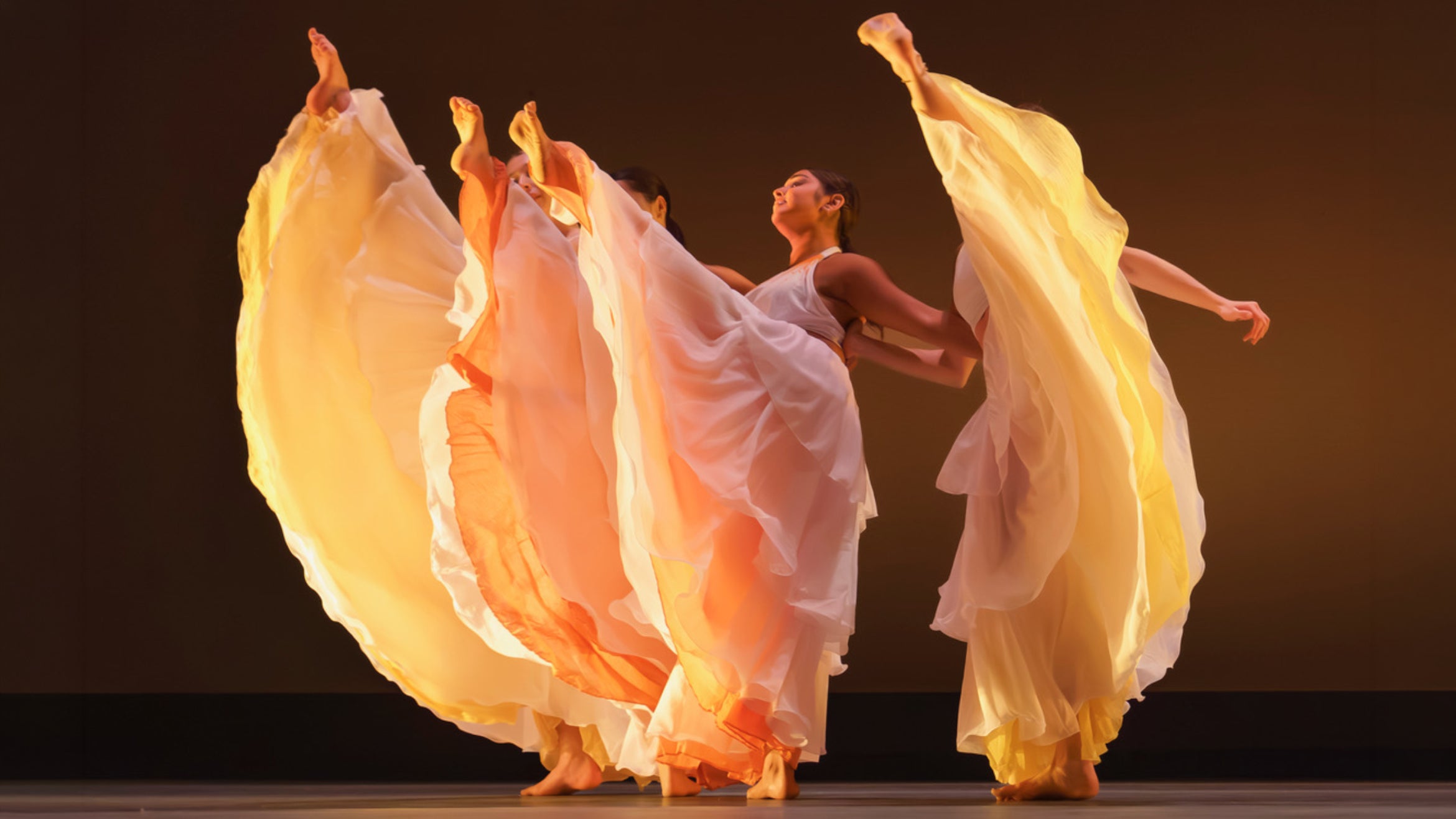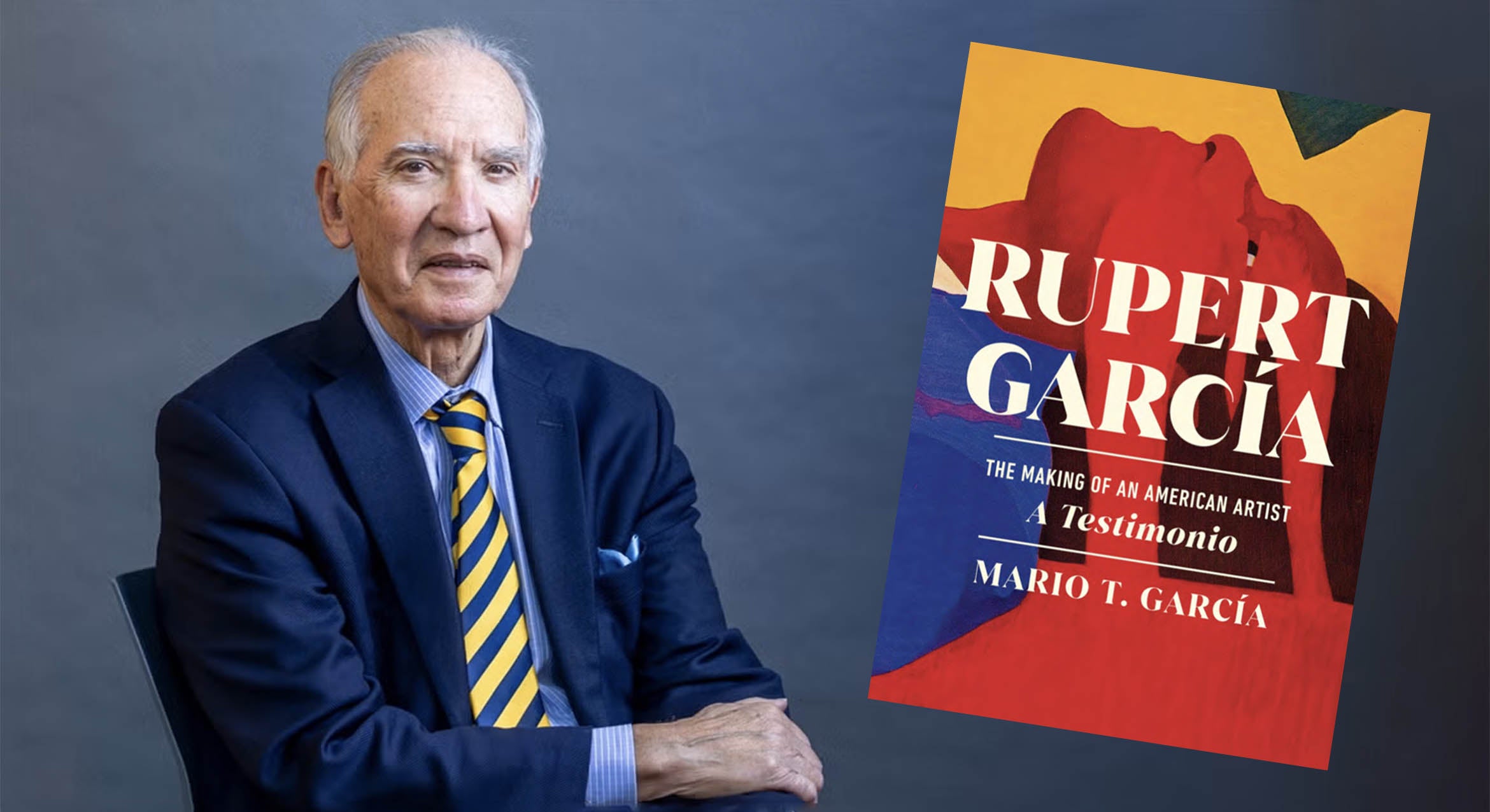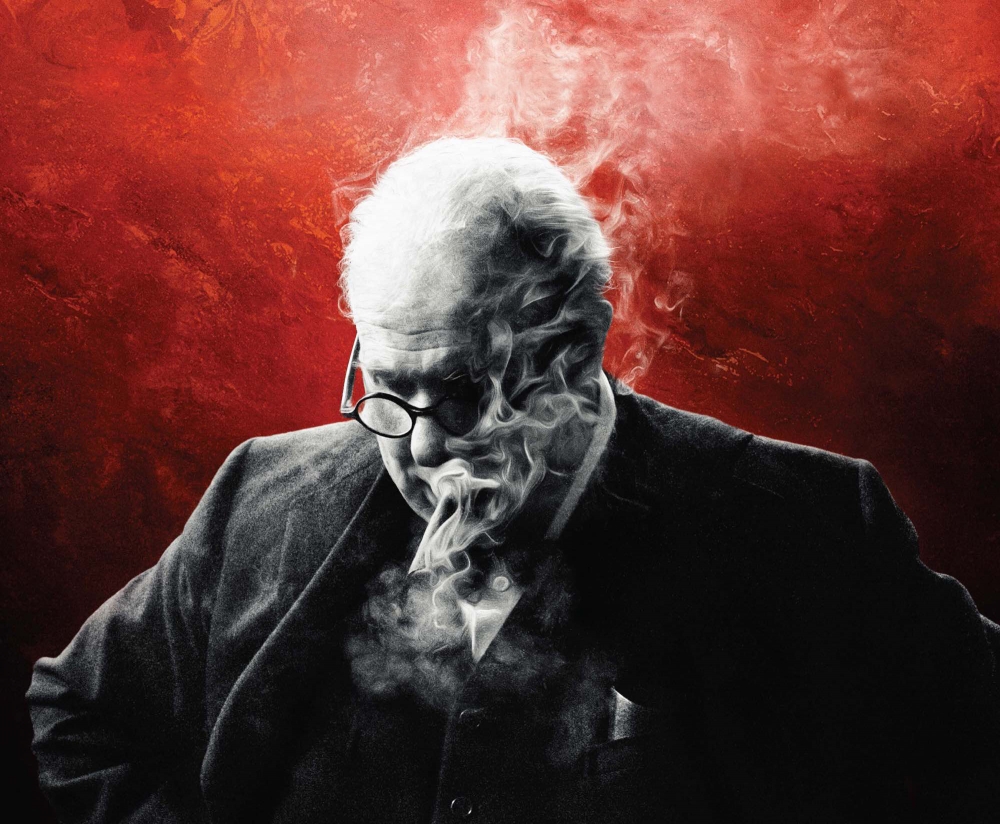
Movie Critics
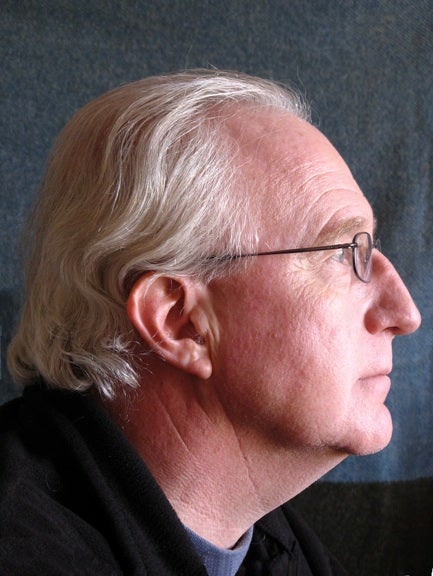
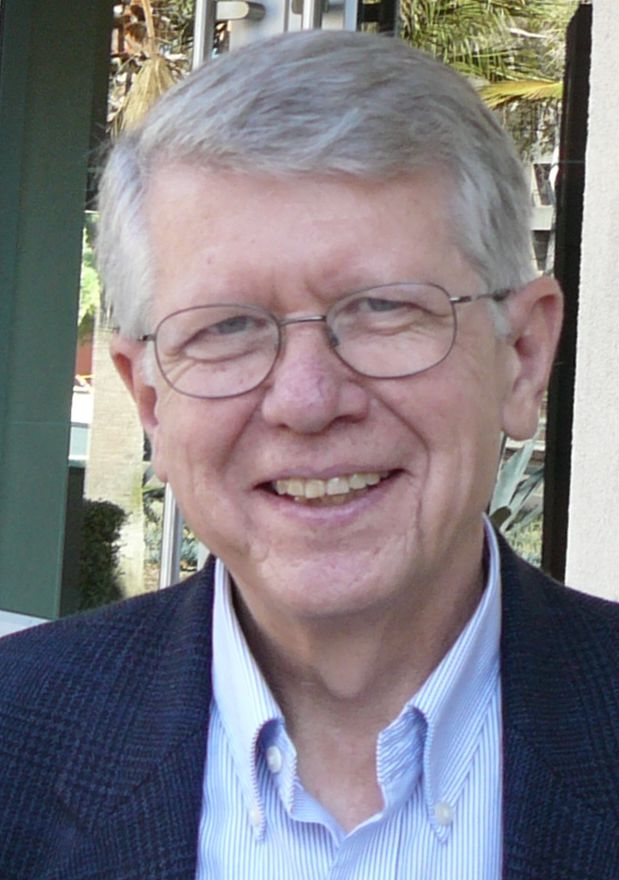
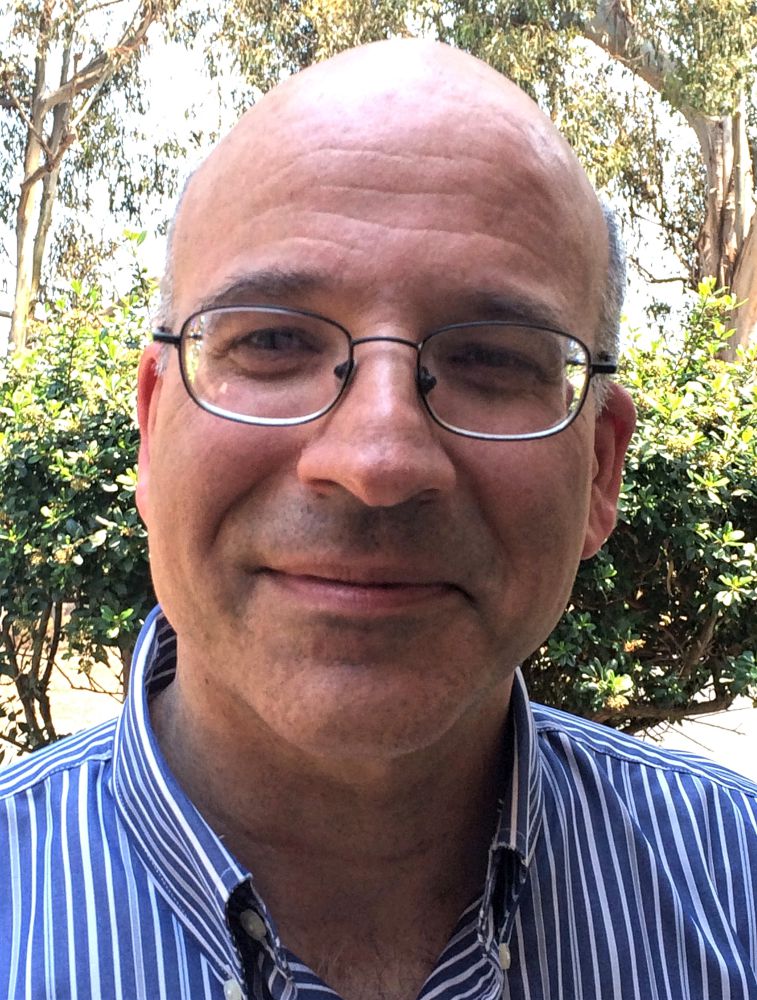
Set to open Thanksgiving Day and already generating Oscar buzz, the film “Darkest Hour” shines the historical spotlight on 28 days in 1940 when newly appointed Prime Minister Winston Churchill convinces Britain to remain committed to fighting Germany’s Adolf Hitler.
Co-produced by UC Santa Barbara alumna Lisa Bruce ’83, the film condenses a pivotal political event into a two-hour presentation — a near-impossible task when aiming for accuracy and authenticity, according to UCSB historians.
“Filmmakers have to take liberties because no political situation is tidy,” said Paul Spickard, a professor in the Department of History. “And ‘Darkest Hour’ has got to have a narrative arc that makes sense. It’s a very, very difficult task to make a movie from a true story.”
To skirt naysayers, filmmakers rely on the caveat phrase “based on a true story,” asserting the film’s relationship to actual events while providing space for creative adaption, said Charles Wolfe, a UC Santa Barbara professor of film and media studies. “It warns us that the story we are about to see also operates at a distance from the original events, casting them in a new form or new light.”
While accuracy is key in political historical movies — such as “Darkest Hour,” “LBJ,” “Lincoln,” “The Queen” and “All the President’s Men” — there’s always room for criticism because filmmakers decide whose story is told and whose is not, according to Wolfe.
“Darkest Hour” focuses on Churchill’s challenge of exploring a negotiated peace treaty with Nazi Germany or standing firm to fight for the ideals, liberty and freedom of a nation. With the threat of invasion imminent, Churchill must contend with an unprepared public, a skeptical King and his own party plotting against him.
Spickard speculates the film will be a homage to Churchill — a historic icon remembered for rallying the British people into an enduring force that changed the course of history.
“History geeks have really different interests that usually get in the way of making a good movie,” Spickard said, joking that he looked for saddle stirrups in “Gladiator” because they didn’t exist in that era. “I don’t mind creative license as long as it’s not taking cheap shots at people. You have to make the characters — even if they are unpleasant — engaging with the audience.”
That in mind, “Darkest Hour” is unlikely to devote much time to Churchill’s negative traits, said Spickard, adding that “Churchill was a thoroughly awful human being. He was terrible to his wife. He was terrible to his children. And he was drunk by 9 a.m. every day.”
Another new political historical drama, “LBJ,” follows Lyndon Johnson as he transitions from a powerful Senate majority leader to a powerless vice president before being thrust in charge when President John F. Kennedy is assassinated.
“As a matter of personal focus, I’m more interested in ‘LBJ,’” said Salim Yaqub, a UCSB professor of history specializing in U.S. foreign relations. Citing two major challenges Johnson faced — namely the Civil Rights Movement and the Vietnam War — Yaqub noted the same inherent issues are pressing today: race relations and the United States’ role abroad, including foreign wars.
“I certainly get annoyed with historical portrayals that are way too simplistic and completely obliterate the complexity of a situation,” Yaqub said, adding that there are two polar opposites to avoid — a sanitized view of history on one hand and conspiracy on the other, where dark forces operate behind the scenes.
As a movie fan, Yaqub believes filmmakers must have creative flexibility. “A literal portrayal of reality would be unwatchable because events occur over a long period — it would be really, really boring,” he said. “The challenge is to convey the essence of historical events in ways that capture the interest of the audience without violating the truth.”
Yaqub cited “The Queen” — depicting the British Royal Family’s response to Princess Diana’s tragic death — as an accurate film. Noting he was in London when Diana died in 1997, Yaqub said: “Prime Minister Tony Blair tactfully cajoled Queen Elizabeth II into stepping forward to play a public role, even though she was extremely resistant.”
